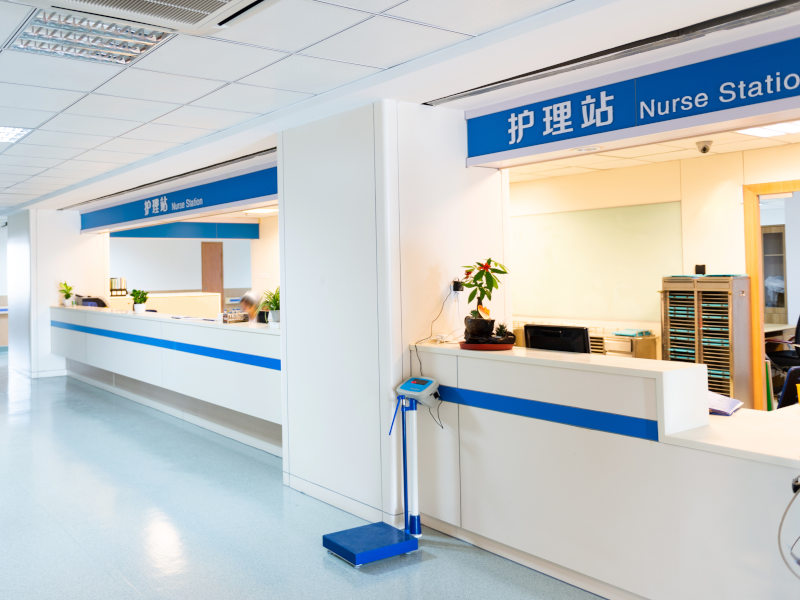[Updated: April 2020]
On 23 March 2020, President Cyril Ramaphosa addressed South Africa about the coronavirus. The main point that he made was that the country would be placed into lockdown:
- He reiterated that the most effective way to reduce infections is to change basic behaviours. Stay home, cancel get-togethers and avoid people to help stop the spread of the coronavirus.
- Because of this, an enforced lockdown will take place from midnight on 26 March 2020 until 16 April 2020 (21 days).
- You will not be allowed to leave your home except to buy food and medical supplies.
- Only the following industries will be unaffected: health workers, emergency personnel, security services, production and distribution, essential banking services, power, laboratory services, and hygiene services.
- The JSE will not be affected, trading will continue.
- Malls and clothing stores will be closed.
- The defence force will be deployed to help police enforce the lockdown.
- A public health management programme will perform screenings. The initial focus will be on high density and high-risk areas.
- Centralised treatment will be available for severe cases.
- Decentralised treatment will be available for mild cases.
- Residents arriving from high-risk countries will face a quarantine of 14 days.
- International flights from Lanseria are suspended.
- International travellers will be turned away.
On 15 March, the president addressed the country. Among the points he made, below are the ones relevant to travel:
- A travel ban is in place on foreign nationals from high-risk countries such as Italy, Iran, South Korea, Spain, Germany, the United States, the United Kingdom and China as from 18 March 2020.
- Visas to visitors from those countries from today and previously granted visas are hereby revoked
- South African citizens are advised to refrain from all forms of travel to or through the European Union, United States, United Kingdom and other identified high-risk countries such as China, Iran and South Korea.
- The Government will continue to regularly issue travel alerts referring to specific cities, countries or regions as the situation evolves based on the risk level.
- Any foreign national who has visited high-risk countries in the past 20 days will be denied a visa.
- South African citizens returning from high-risk countries will be subjected to testing and self-isolation or quarantine on return to South Africa.
- Travellers from medium-risk countries – such as Portugal, Hong Kong and Singapore – will be required to undergo high-intensity screening.
- All travellers who have entered South Africa from high-risk countries since mid-February will be required to present themselves for testing.
- There will be increased surveillance, screening and testing measures at OR Tambo, Cape Town and King Shaka International Airports
- South Africa has 72 ports of entry in the country which are land, sea and airports, 35 of which are shut down.
- The government strongly discourages all non-essential domestic travel, particularly by air, rail, taxis and bus.
General safety tips
You can’t always assume someone has contracted coronavirus if they start coughing or sneezing suddenly. However, to be sure, there are ways you can protect yourself.
- Wash your hands thoroughly throughout the day with soap and water or an alcohol-based hand sanitiser.
- Avoid close contact with anyone who has a fever or a cough.
- Avoid touching your mouth, nose or eyes.
- Stay away from markets selling live animals and avoid unprotected contact with animals.
- Avoid eating raw or undercooked foods. Use different boards and utensils for raw and cooked foods.
- Wearing facemasks are highly recommended, make sure to cover your mouth and nose and avoid touching the mask when it’s on.
- Throw away single-use facemasks immediately after use and wash your hands immediately afterwards.
If you develop a fever, cough and/or difficulty breathing, take note of the following:
- Seek medical attention immediately and share your previous travel history with your healthcare provider.
- When coughing and sneezing, cover your mouth and nose with a tissue or flexed elbow – throw the tissue away immediately and wash your hands.
- Avoid spitting in public.
- Avoid close contact with other people to prevent infection.
- Do not travel if you start developing the symptoms for the coronavirus.
Travel updates
Currently, the travel ban is in place, so there are no flights within South Africa and no travel is permitted outside the country.
The only travel currently taking place is repatriation flights. It is still not confirmed yet when the South African travel ban will be lifted once the lockdown ends.
What about visas and ports of entry?
Find out about the latest announcements regarding visas and ports of entry by visiting the IATA Travel Centre.
We will update this page as new information gets released.
Make sure to stay updated on your flight status.
For local information, see the Health Department’s page on the coronavirus.
Please visit our dedicated Travel Safe page for the latest airline updates and FAQs.
If you have a booking with Travelstart and need assistance, please reach out to us via our chat service found on our homepage or send us a private message on Facebook or Twitter. We are here to help.
Also Read: Lockdown Lessons: Airlines & Refunds
All information on this blog page was correct at the time of publishing and may change at any time without prior notice. Travelstart will not be held liable for loss or inconvenience resulting from the use of out-dated or incorrectly noted information.
